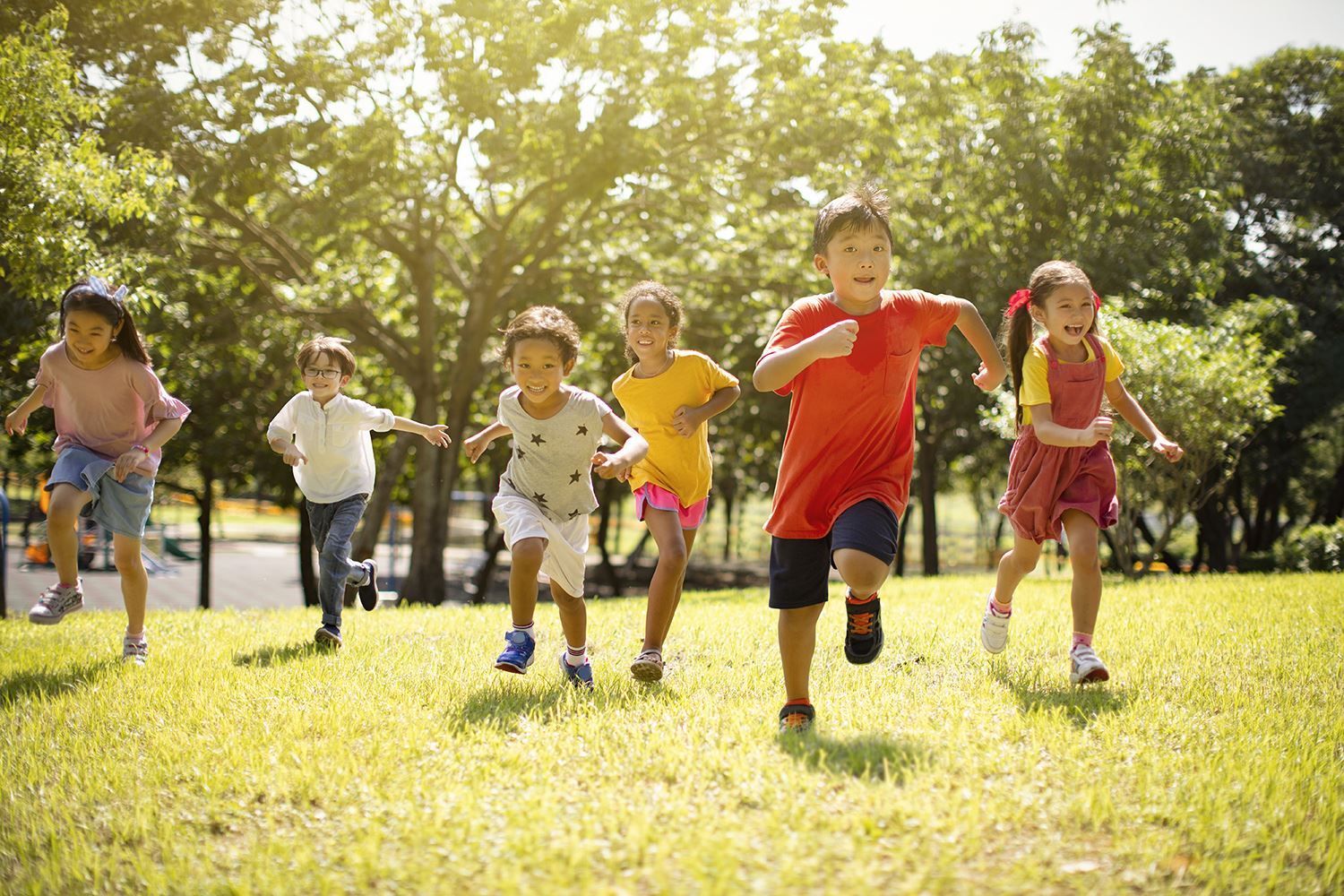Volunteer Coach Safety Training
Safety training programs for coaches, managers and officials provide immunity from civil liability. According to NJ regulations the program must meet minimum standards.
Click Here to view the standards.
Click Here for the "Little League Law" which provides immunity from civil liability to volunteer coaches and officials who have participated in a safety training course.
Click Here to view the S.A.F.E.T.Y. Clinic program offered by Rutgers Youth Sports Research Council which meets the required standards.
_________________________________________________________________________________________________________________________
Concussion Prevention and Management
Concussions are one of the most commonly reported injuries in children and adolescents who participate in sports and recreational activities. To help reduce the incidence of concussion, and improve management after the fact, it is important to inform athletes, coaches, parents and guardians about the causes and symptoms of concussions.
To help ensure the health and safety of young athletes, the CDC developed the HEADS UP Concussion in Youth Sports initiative to offer information about concussions to coaches, parents, and athletes involved in youth sports. The HEADS UP initiative provides important information on preventing, recognizing, and responding to a concussion.
Click here for the NJRPA Guidelines for the Prevention and Management of Concussions
Click Here for more information On HEADS UP
Click Here to view NJ P.L. 2010, Chapter 94 regarding concussion protocols in schools. This law affects recreation and youth sports programs who use school facilities.
Click Here for a sample Sports-Related Concussion and Head Injury Fact Sheet and Parent/Guardian Acknowledgement Form
Click Here for a sample Return to Play Protocol Form
Click here for Brain Injury Alliance-Concussion Guidelines for Parents
The Brain Injury Alliance of New Jersey is offering booklets free of charge to all interested agencies. The booklets Concussion: A Guide for Parents was written with the support of the Concussion in Youth Sports Steering Committee to help parents better understand concussion, dispel some of the myths about concussion, and provide current and accurate information to the general public. The booklets are available in English and Spanish and will be shipped directly to you free of charge, or you can download and share them electronically. To order copies contact BIANJ at 800-669-4323 or email info@bianj.org.
_________________________________________________________________________________________________________________________
Free Online Concussion Training Course
The CDC offers a free online training course, lasting about 30 minutes, to improve the culture of concussion. A coaches actions can help create a safe environment for young athletes so that they can stay healthy, active, and thrive - both on and off the playing field.
The course is ideal for coaches and officials and will help them:
-
Understand a concussion and the potential consequences of this injury,
-
Recognize concussion signs and symptoms and how to respond,
-
Learn about steps for returning to activity (play and school) after a concussion, and
-
Focus on prevention and preparedness to help keep athletes safe season-to-season.
Click Here to view the CDC Concussion Training Page
_________________________________________________________________________________________________________________________
Criminal History Background Checks
A nonprofit youth serving organization may request, through the Department of Law and Public Safety, that the State Bureau of Identification in the Division of State Police conduct a criminal history record background check on each prospective and current employee or volunteer of the organization.
Click here to view NJ P.L. 2000 Chapter 42
_________________________________________________________________________________________________________________________
AED Use and Immunity from Liability
Many public places, including many of our recreational facilities, have Automatic External Defibrillators (AEDs) on hand in case of emergency. In the past, only individuals trained in the use of the AED was protected from civil liability. In 2012 the "Good Samaritan Law" extended that protection from civil liability to the general public, however still required those expected to have to use the AED to be trained in its use in order to have the same protection. P.L. 2012 states:
"any person, who is anticipated by the person or entity that acquires the defibrillator to be in a position to render emergency care or treatment by the use of a defibrillator in the performance of that person’s duties of employment or volunteer service, shall, prior to using that defibrillator, have successfully completed and hold a current certification from the American Red Cross, American Heart Association, or other training program recognized by the Department of Health and Senior Services in cardiopulmonary resuscitation and use of a defibrillator; however, a person or entity that acquires a defibrillator shall not be liable for any act or omission of any lay person who uses the defibrillator in the rendering of emergency care;"
Click Here to view NJ P.L. 2012 Chapter 6 concerning immunity for civil liability in use of an AED



